9 Ways To Stop Grinding Teeth In Your Sleep Naturally
Relaxing your mind and body is the key to treating this bothersome issue.
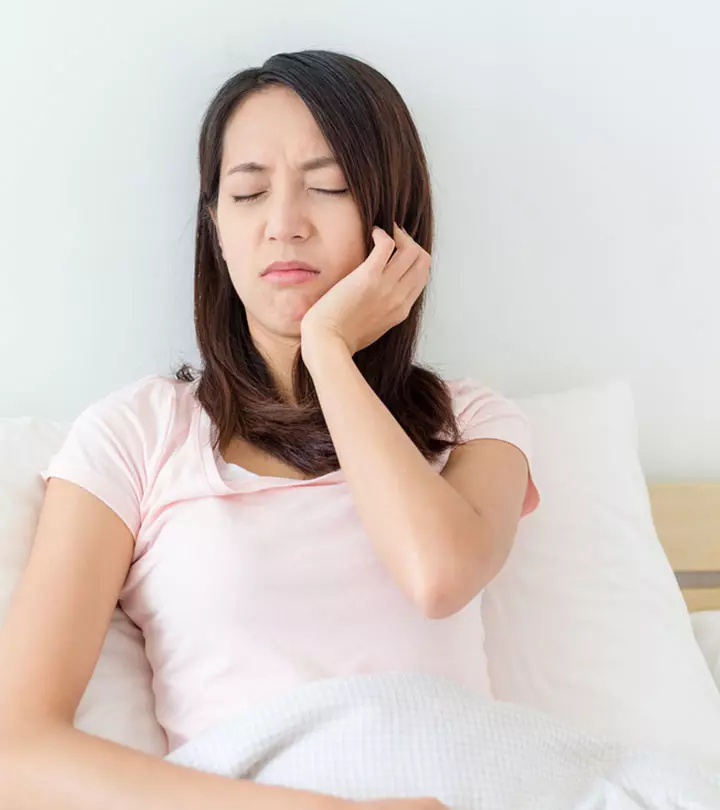
Image: Shutterstock
Grinding your teeth from time to time is normal, but if you experience a dull or sore jaw after you wake up, chances are you have bruxism. Stress, heavy drinking, or crooked teeth are some of the reasons why you grind your teeth in your sleep. Thankfully, there are a few treatment options available that can stop you from grinding your teeth in sleep. While occasionally grinding your teeth is not a cause for concern, regularly grinding your teeth can result in oral or dental complications. In this article, we explore the causes of teeth grinding and different ways to stop it.
In This Article
What Is Grinding Or Clenching?
Grinding or clenching of teeth is a parafunctionali A repetitive behavior relating to the oral cavity(mouth) that includes such as thumb sucking, finger sucking, and tongue thrusting. and involuntary activity. Bruxism is a medical term that is used to define this condition. Although bruxism is more common while sleeping, the affected people can continue doing this even while awake. This condition is not a threat if its occurrence is occasional. But it could have extreme consequences if it occurs regularly (1).
Let us now look at the causes behind the development of this condition.
What Causes Teeth Grinding?
Teeth grinding can occur as a result of multiple factors. The most common causes include:
- Anxiety: Individuals facing stress and anxiety have a higher probability of developing this condition (2).
- Medications: In certain cases, teeth grinding is a side effect of prescription medicines like antidepressants.
- Sleep Disorders: If you snore while sleeping or face difficulty falling asleep, you are more prone to grind your teeth while asleep.
- Sleep Paralysis: This a phenomenon that leads to temporary immobility while falling asleep or waking up. Sleep paralysis can also lead to teeth grinding.
- Smoking And Drinking: Tobacco use and drinking alcohol are some other factors that prompt teeth grinding.
- Caffeine: Caffeinated drinks like tea and coffee can also increase chances of bruxism.
- Misaligned Teeth: Malocclusion or misaligned teeth may cause teeth that are not properly spaced or aligned to grind together.
 Did You Know?
Did You Know?Since teeth grinding usually occurs during one’s sleep, it may go unnoticed until its symptoms begin to surface.
Signs And Symptoms Of Teeth Grinding
The signs and symptoms associated with teeth grinding could vary in their severity. However, it is important to identify the symptoms at the earliest to avail proper orthodontic treatment. They are as listed below:
- Hard clenching or grinding of teeth that may cause you to wake up
- Flattened and chipped teeth (3)
- Worn out tooth enamel
- Tightened and aching jaw muscles
- Earache
- Frequent headaches
- Pain in the facial muscles
In a study of 425 participants, it was found that 91% of them had at least one musculoskeletal disorder in the last 12 months, while 78.8% of the total were diagnosed as bruxers or teeth grinders in sleep. It was also revealed that people with teeth grinding disorder were 5X more at risk of having musculoskeletal disorders.
A prolonged occurrence of teeth grinding can result in irreversible damage to your teeth. Hence, it is necessary to treat this condition at the earliest. Mentioned below are some natural remedies that can help stop teeth grinding.
How To Stop Grinding Teeth Naturally
- Essential Oils
- Warm Compress
- Valerian Root
- Turmeric With Milk
- Massage
- Vitamins And Minerals
- Yoga And Exercise
- Mouthguard
- Splint Therapy
Home Remedies To Treat Grinding Teeth
1. Essential Oils
a. Lavender Essential Oil

You Will Need
- 3 to 4 drops of lavender essential oil
- 1 teaspoon of olive oil
What You Have To Do
- Mix a few drops of lavender essential oil with olive oil.
- Apply this mixture all over your neck and jaw.
- Massage gently.
How Often You Should Do THis
Do this at least twice daily.
How This Works
Lavender oil
contains bioactive compounds that are known to induce relaxation (4). It also reduces stress and anxiety and may help you in improving sleep hygiene. Lavender oil calms the nerves and muscles around your jaw, thus solving the problem of treating teeth grinding (5). You can also try aromatherapy by diffusing the lavender oil in your room to help with your bruxism.
b. Peppermint Essential Oil
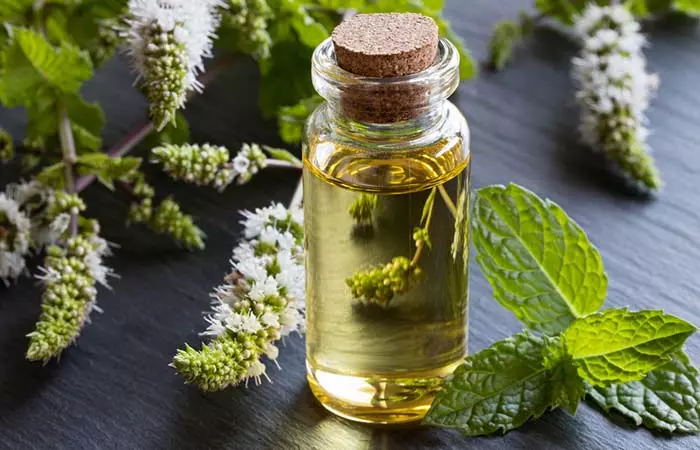
You Will Need
- 3 to 4 drops of peppermint essential oil
- 1 teaspoon of coconut oil
What You Have To Do
- Mix a few drops of peppermint essential oil with coconut oil.
- Apply this mixture all over your neck and jaw and massage gently.
How Often You Should Do This
Do this at least twice daily.
How This Works
This oil makes you feel refreshed and also helps in calming your nervous system (6).
A massage with peppermint oil before bedtime will help in stopping you from grinding your teeth.
c. Chamomile Oil
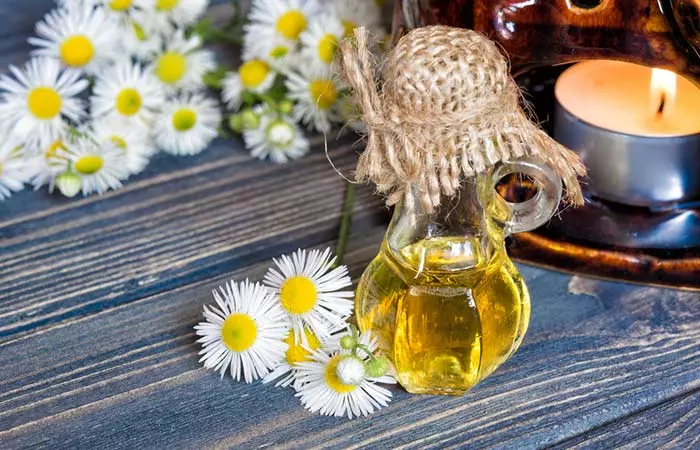
You Will Need
- 4 to 5 drops of chamomile essential oil
- 1 teaspoon of olive oil
What You Have To Do
- Mix chamomile essential oil with a teaspoon of olive oil.
- Apply this mixture all over your neck and jaw.
- Continue to massage for 5 minutes.
How Often You Should Do This
Follow this remedy twice daily for best results.
How This Works
Like its counterparts, chamomile oil is a natural way to relieve stress and anxiety. It relaxes your muscles and has a calming effect on your senses. This, in turn, helps stop teeth grinding.
2. Warm Compress
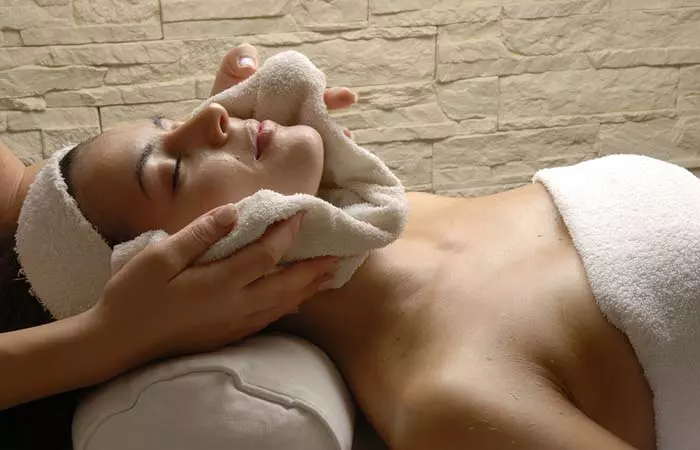
You Will Need
- A washcloth
- Hot water
What You Have To Do
- Take a clean washcloth and soak it in hot water.
- Wring out the excess water and cover your neck and jaw with the washcloth.
- Repeat this 4 to 5 times.
How Often You Should Do This
Do this at least twice daily.
How This Works
Applying a warm compress to your neck and jaw will relax the muscles in that area. This will stop you from grinding your teeth and clenching your jaw (7), (8).
3. Valerian Root
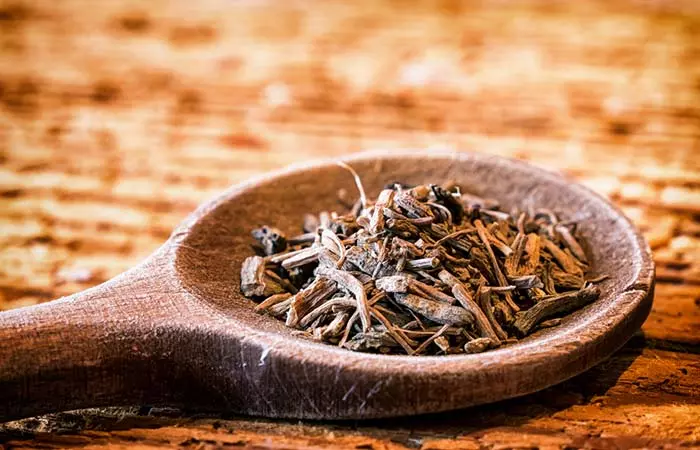
You Will Need
- 1 tablespoon valerian root
- 1 cup of water
- Honey (optional)
What You Have To Do
- Add the valerian root to a cup of water.
- Bring this mixture to boil in a saucepan. Simmer for 5 minutes.
- Strain the tea and add honey for flavor.
- Drink this tea.
How Often You Should Do This
Do this once every night.
How This Works
is a part of a flowering plant that is often used to treat insomnia, anxiety, and restlessness due to its sedative properties (9). Studies have also proven it to be effective in treating a condition called restless leg syndrome, which is quite similar to teeth grinding in its occurrence (10).
4. Turmeric With Milk
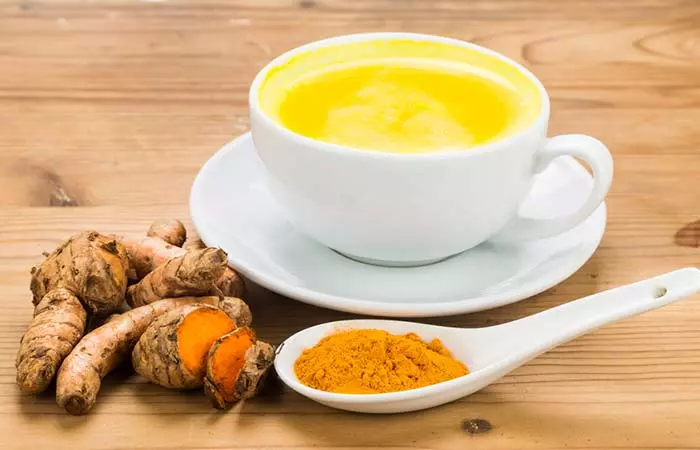
You Will Need
- 1 teaspoon of turmeric powder
- 1 cup of milk
- Honey (optional)
What You Have To Do
- Boil the milk in a saucepan.
- Add turmeric powder to this and stir continuously.
- Add honey for flavor and drink this before it turns cold.
How Often You Should Do This
Do this daily before your bedtime.
How This Works
While turmeric is well known for its anti-inflammatory and antioxidant properties, milk contains a sedative amino acid called tryptophan (11), (12). When combined, milk and turmeric can help relax your jaw muscles and relieve the pain associated with teeth grinding.
5. Massage
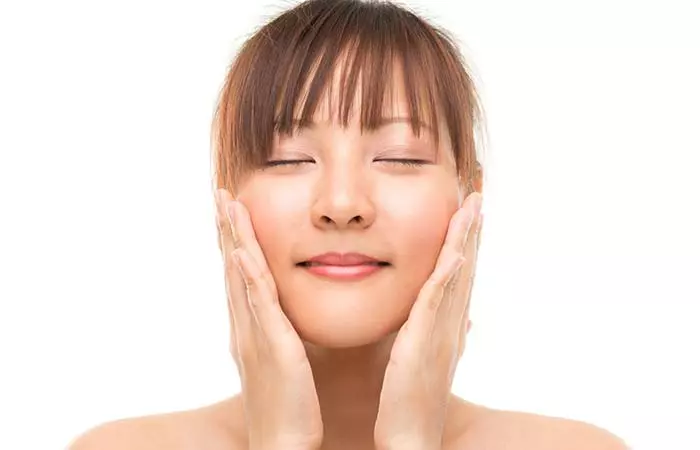
You Will Need
1 bowl of warm water
What You Have To Do
- Warm some water and transfer it to a bowl.
- Rinse your face and neck with this water.
- Pat your face dry and gently massage your neck, jaw, and shoulders in a circular motion.
- Continue massaging for about 5 minutes.
How Often You Should Do This
Do this daily before going to bed.
How This Works
A gentle massage before going to bed helps relieve your stress after a long day. It also helps to relax your muscles and induces sleep (13), (14). The relaxing effects of a simple massage can thus be of great help in treating the condition of grinding teeth.
6. Vitamins And Minerals

The correct balance of vitamins and minerals is necessary to help your body function properly. A deficiency in any of them is known to cause a variety of health problems, including stress and anxiety. Vitamins such as vitamin C and B complex vitamins are necessary for the proper functioning of your adrenal glandsi A small, triangular-shaped gland that produces hormones that regulates the immune system, metabolism, and response to stress. and managing your stress levels. Any deficiency in these vitamins may lead to recurrent mood swings and increased psychological stress.
Similarly, a deficiency in minerals such as calcium and magnesium can lead to insomnia, hyperactivityi A condition associated with impulsive actions, increased movement, a shorter attention span, and easy distraction. , anxiety, and restlessness. All these nutrient deficiencies have the potential to worsen the symptoms of teeth grinding. Thus, it is recommended to consult your doctor and restore these deficiencies, if any (15), (16), (17).
7. Yoga And Exercise

The stress and anxiety that you face in your everyday life can head to teeth grinding in your sleep. One of the best ways to deal with this situation is to indulge in activities that induce peace. Including yoga and exercise in your daily routine can help improve the functioning of your immune and circulatory systemsi The function of this system is to deliver nutrients, oxygen, and hormones to muscles and organs throughout the body. . Regular exercise will relieve stress and anxiety, while yoga and meditation will help your mind and body be at peace (18), (19). You can exercise or practice yoga at least 3 to 4 times in a week to relax your muscles and prevent grinding of your teeth naturally.
8. Mouthguard
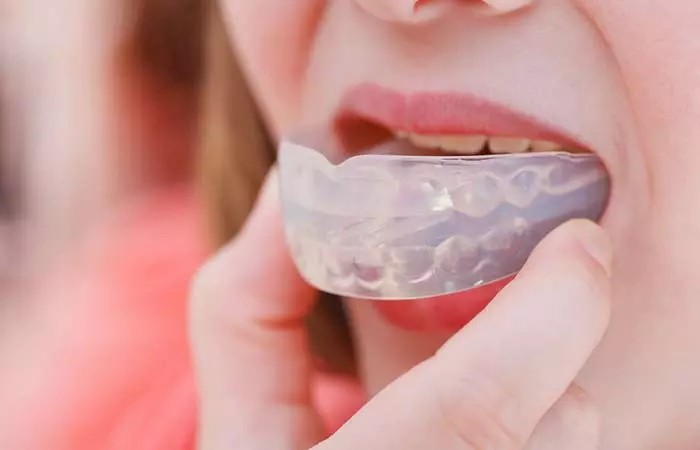
Mouthguards are one of the best and most conventional treatments that can help you deal with grinding teeth. If you are looking for a quick fix for your problem, a visit to the dentist for a mouthguard is your best bet. Other than protecting your teeth from further damage, mouthguards can also help alleviate aching jaws. Any grinding noise associated with the condition will also be reduced to a great extent with this treatment.
However, the discomfort in this process may not be welcome by everyone. For example, Rossi, a blogger, shares her experience of trying different methods to stop grinding her teeth, “The standard recommendation is to wear a mouth guard while sleeping. You can be fitted for a custom one by your dentist or pick up a generic one at the pharmacy. This seems like a surface “fix” and who wants to sleep with a mouth full of rigid plastic for the rest of their life? Not me (i)!” She further discusses the effective methods that she personally tried and found helpful in managing teeth grinding.
9. Splint Therapy
A splint is a removable dental device that covers either all or multiple teeth in the upper or lower jaw. It can be made with hard or soft materials, depending on your requirements. The hard acrylic-resin splints are thought to be more effective in reducing bruxism compared to soft ones. It helps protect the teeth from grinding and damage caused by clenching. It may also increase muscle activity during sleep. Therefore, wearing these may help safeguard teeth from grinding-related wear and traumatic loading (20).
In addition to the natural and herbal remedies mentioned above, you can also try seeking alternative medical treatments like acupuncture, hypnosis, and cognitive behavioral therapy. Moreover, you should start taking some precautions to prevent your teeth from grinding. Making a few healthy lifestyle changes and following the preventive tips mentioned below can help in combating this phenomenon and also save you from making frequent trips to your dentist.
Preventive Tips
- Control your urge to grind your teeth while you are awake
- Indulge in stress reduction activities like music and exercise
- Start avoiding caffeine and alcohol
- Avoid smoking
- Try reducing screen time before bed to prevent stress-related bruxism
- Use a dental splint or mouth guard to prevent your teeth from grinding
 Quick Tip
Quick TipInfographic: 5 Natural Remedies To Stop Teeth Grinding As You Sleep
Grinding your teeth as you sleep can be annoying as well as painful. It may lead to irreversible tooth damage if not stopped immediately. Though it may take time to stop it completely, there are several remedies that can help speed up the process. Check out the infographic below to learn the best natural remedies that can help you stop grinding your teeth as you sleep.

Illustration: StyleCraze Design Team
Stress, medications, sleep disorders, smoking, and drinking may cause you to grind your teeth involuntarily during sleep. It is definitely a cause for concern if clenching occurs regularly, and it may even lead to irreversible tooth damage. Massaging with peppermint essential oil, lavender essential oil, and chamomile oil may help you stop grinding your teeth in your sleep by calming your nervous system, reducing stress and anxiety, and promoting sleep. Although the remedies discussed in this article can help you with the treatment, it is advised to consult a dentist for a follow-up.
Frequently Asked Questions
Does magnesium help teeth grinding?
Yes, magnesium may help relax the small muscles in the jaw and reduce teeth grinding (21), (22).
Can you use a sports mouth guard for teeth grinding?
No, a sports mouth guard is designed differently than a mouth guard for teeth grinding and they both serve different purposes. Wearing a sports guard at night may cause oral damage.
Does melatonin stop bruxism?
Melatonin may help alleviate bruxism by improving sleep quality, but more research is needed to confirm its effectiveness.
Does CBD help teeth grinding?
Depending on the person and regulations in your area, CBD may be an effective alternative treatment for reducing bruxism.
Is teeth grinding an ADHD thing?
Teeth grinding can be associated with ADHD in some cases, but it is not always a symptom of the disorder.
Can changing my sleeping position help reduce teeth grinding during sleep?
Changing your sleeping position may help as certain positions can cause more muscle tension in the jaw and contribute to bruxism.
Key Takeaways
- Grinding your teeth regularly during sleep may result in oral or dental complications, jaw pain, and headaches.
- Stress, heavy drinking, and smoking are common triggers for teeth grinding.
- Practicing relaxation techniques before going to bed, wearing a mouthguard, and doing exercise regularly can help stop and prevent teeth from grinding naturally.
- Massage with peppermint, lavender, and chamomile oils may help stop teeth grinding in your sleep by calming your nerves and reducing anxiety.
Tired of teeth grinding? Discover effective tips to put an end to this habit in this insightful video. Watch it now to reclaim your dental health and peaceful sleep!
Personal Experience: Source
StyleCraze's articles are interwoven with authentic personal narratives that provide depth and resonance to our content. Below are the sources of the personal accounts referenced in this article.
i. Buck Bruxism- Saying Goodbye to Teeth Grindinghttps://blissmati.wordpress.com/2012/07/29/buck-bruxism-saying-goodbye-to-teeth-grinding/
References
Articles on StyleCraze are backed by verified information from peer-reviewed and academic research papers, reputed organizations, research institutions, and medical associations to ensure accuracy and relevance. Read our editorial policy to learn more.
- Sleep bruxism; an overview of an oromandibular sleep movement disorder: REVIEW ARTICLE
https://www.sciencedirect.com/science/article/abs/pii/S1087079299900709 - Teeth Grinding: Is Emotional Stability related to Bruxism?
https://www.ncbi.nlm.nih.gov/pmc/articles/PMC2934876/ - Bruxism and its effect on the natural teeth
https://pubmed.ncbi.nlm.nih.gov/3858535/ - Biological activities of Lavender essential oil
https://onlinelibrary.wiley.com/doi/abs/10.1002/ptr.1103 - Aromatherapy: Evidence for Sedative Effects of the Essential Oil of Lavender after Inhalation
https://www.degruyter.com/document/doi/10.1515/znc-1991-11-1223/html - Instant effects of peppermint essential oil on the physiological parameters and exercise performance
https://www.ncbi.nlm.nih.gov/pmc/articles/PMC4103722/ - Scientific Evidence-Based Effects of Hydrotherapy on Various Systems of the Body
https://www.ncbi.nlm.nih.gov/pmc/articles/PMC4049052/ - Temporomandibular disorders. 2. Non-surgical treatment
https://onlinelibrary.wiley.com/doi/abs/10.1111/j.1834-7819.1995.tb04835.x - Valerian for Sleep: A Systematic Review and Meta-Analysis
https://www.ncbi.nlm.nih.gov/pmc/articles/PMC4394901/ - Valerian for anxiety disorders
https://www.cochranelibrary.com/cdsr/doi/10.1002/14651858.CD004515.pub2/full - Turmeric, the Golden Spice
https://www.ncbi.nlm.nih.gov/books/NBK92752/ - Effects of tryptophan loading on human cognition mood and sleep
https://pubmed.ncbi.nlm.nih.gov/19715722/ - Effects of warming up massage and stretching on range of motion and muscle strength in the lower extremity
https://journals.sagepub.com/doi/abs/10.1177/036354658301100412 - Pilot Study of Massage to Improve Sleep and Fatigue in Hospitalized Adolescents With Cancer
https://pubmed.ncbi.nlm.nih.gov/26757318/ - Magnesium deficiency induces anxiety and HPA axis dysregulation: Modulation by therapeutic drug treatment
https://www.ncbi.nlm.nih.gov/pmc/articles/PMC3198864/ - Low dietary calcium is associated with self-rated depression in middle-aged Korean women
https://www.ncbi.nlm.nih.gov/pmc/articles/PMC3542443/ - Exercise as Treatment for Anxiety: Systematic Review and Analysis
https://www.ncbi.nlm.nih.gov/pmc/articles/PMC4498975/ - The effects of yoga on anxiety and stress
https://pubmed.ncbi.nlm.nih.gov/22502620/ - Bruxism Management
https://www.ncbi.nlm.nih.gov/books/NBK482466/ - Self-reported sleep bruxism is associated with vitamin D deficiency and low dietary calcium intake: a case-control study
https://bmcoralhealth.biomedcentral.com/articles/10.1186/s12903-020-01349-3 - Aesthetic Treatment of Bruxism
https://www.ncbi.nlm.nih.gov/pmc/articles/PMC5479477/
Read full bio of Dr. Thomas Connelly
Read full bio of Arshiya Syeda
Read full bio of Dipti Sharma





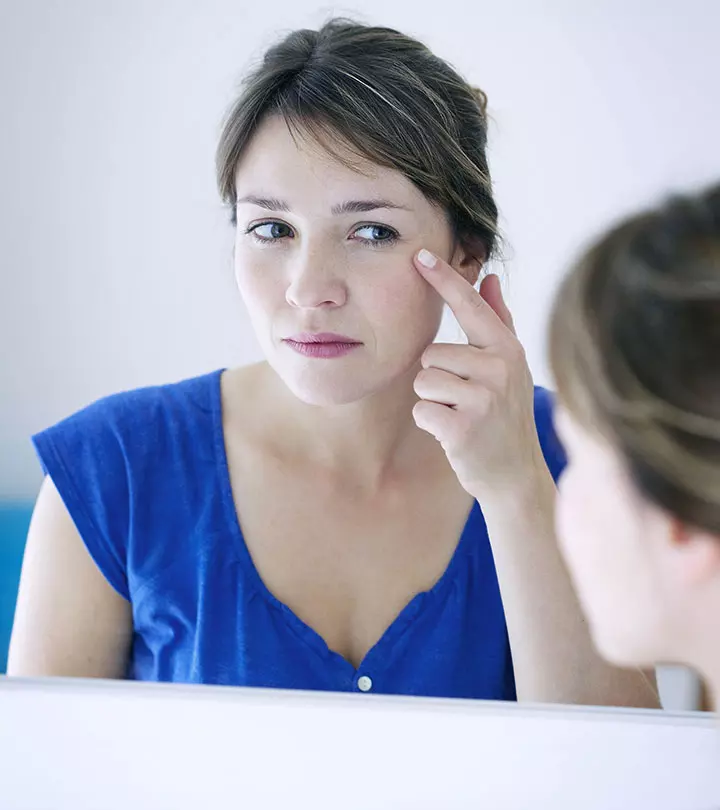

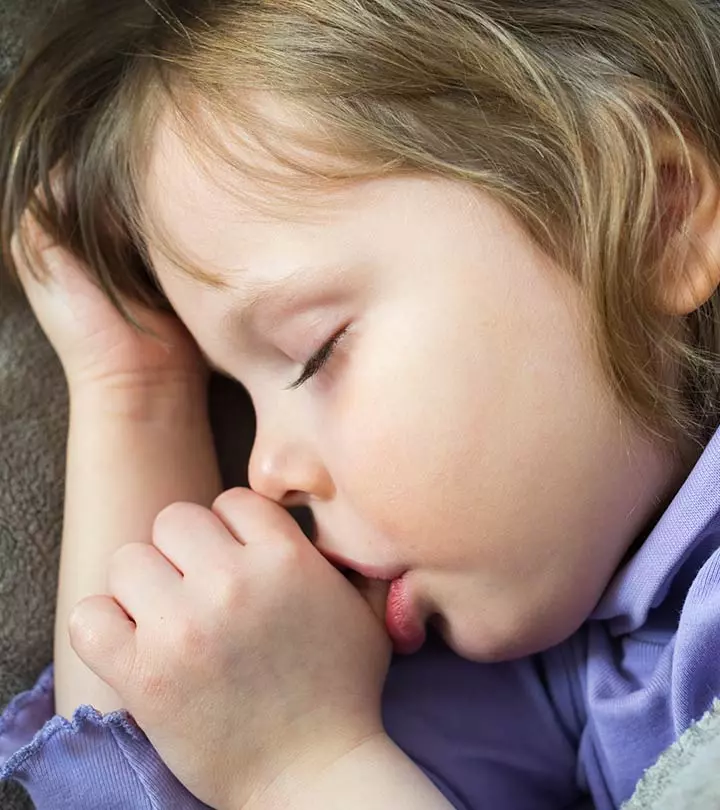
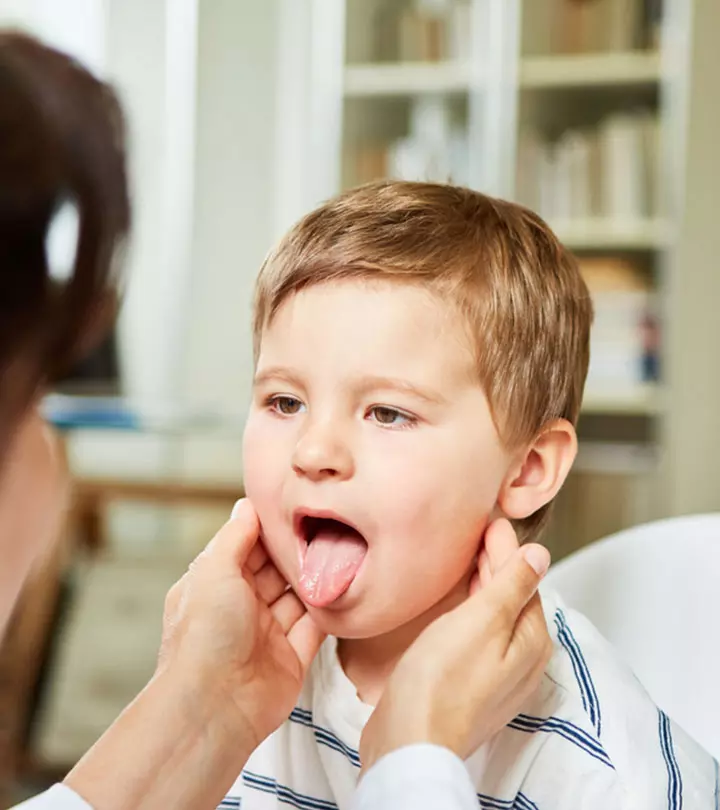
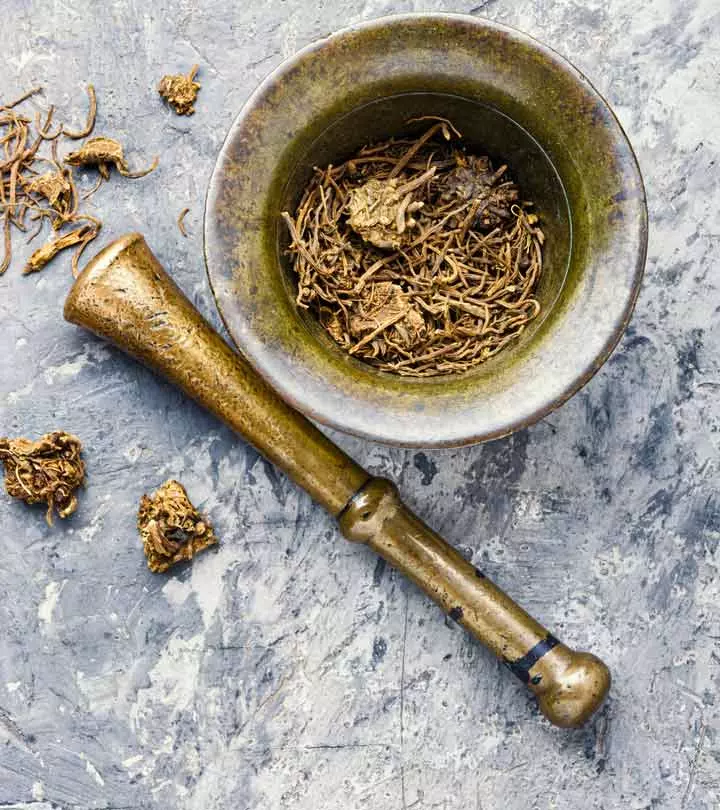

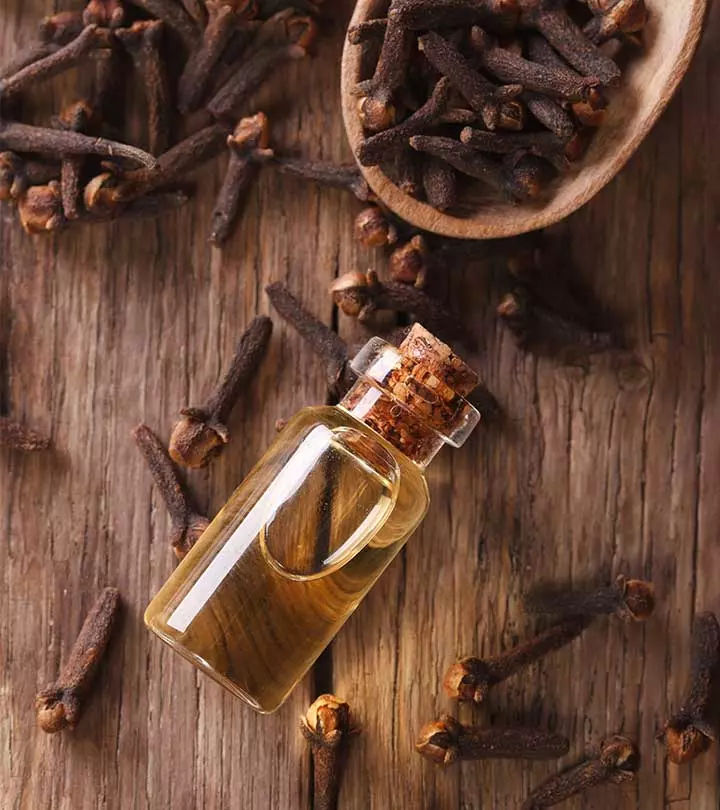
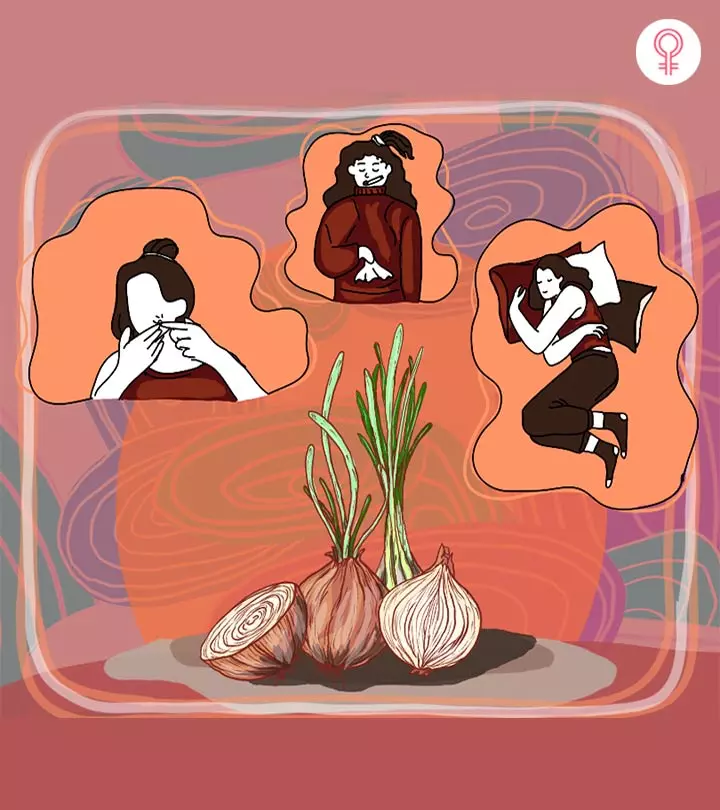
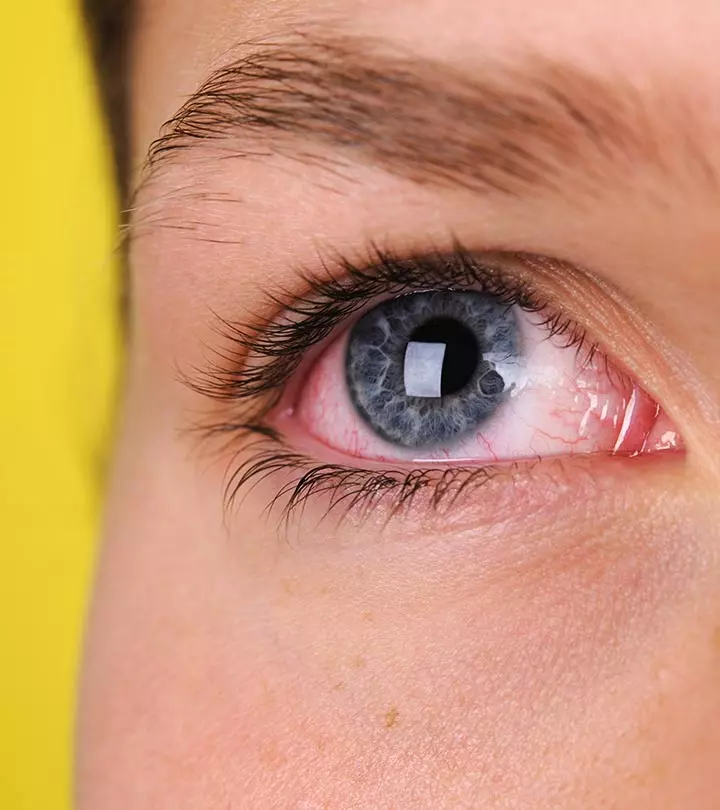
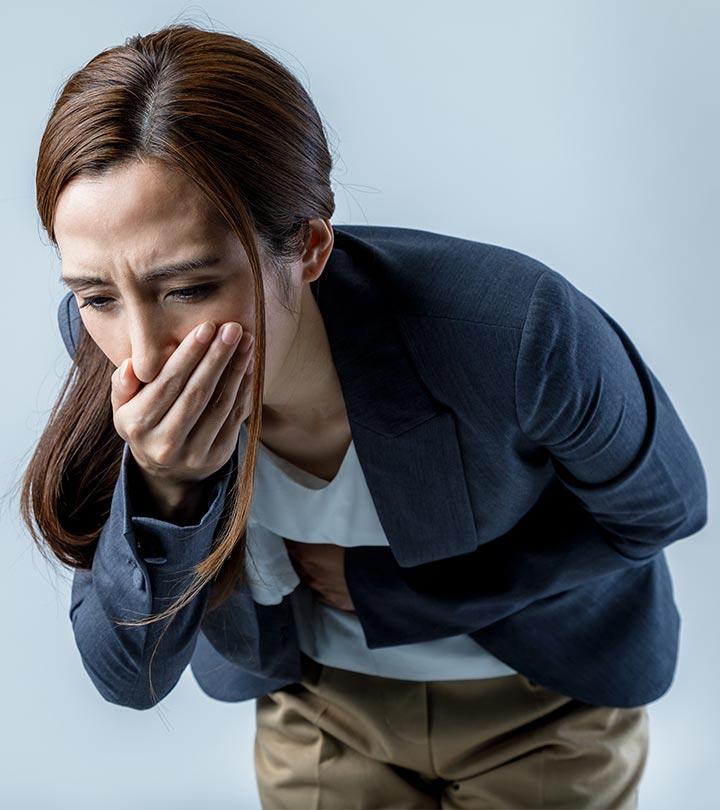


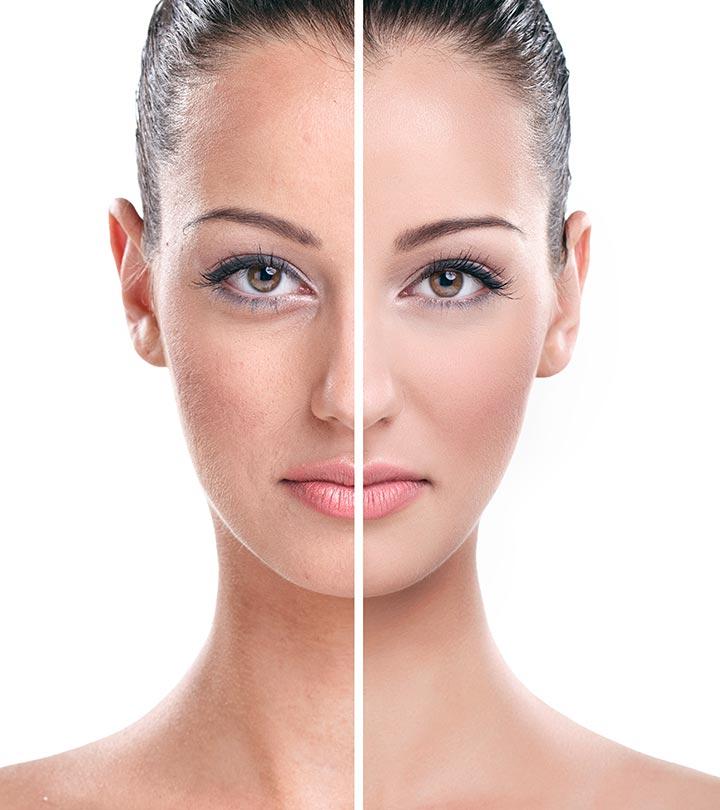



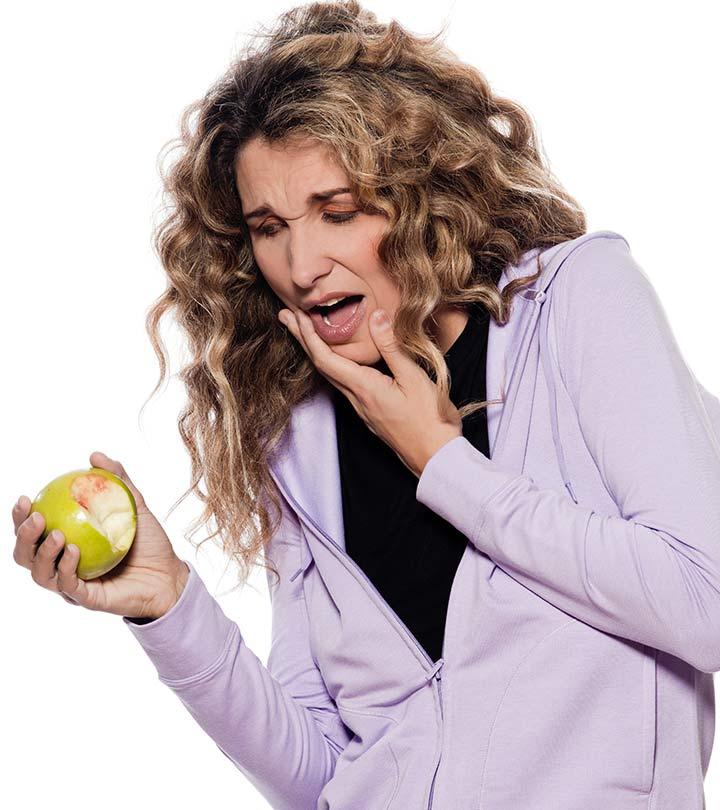

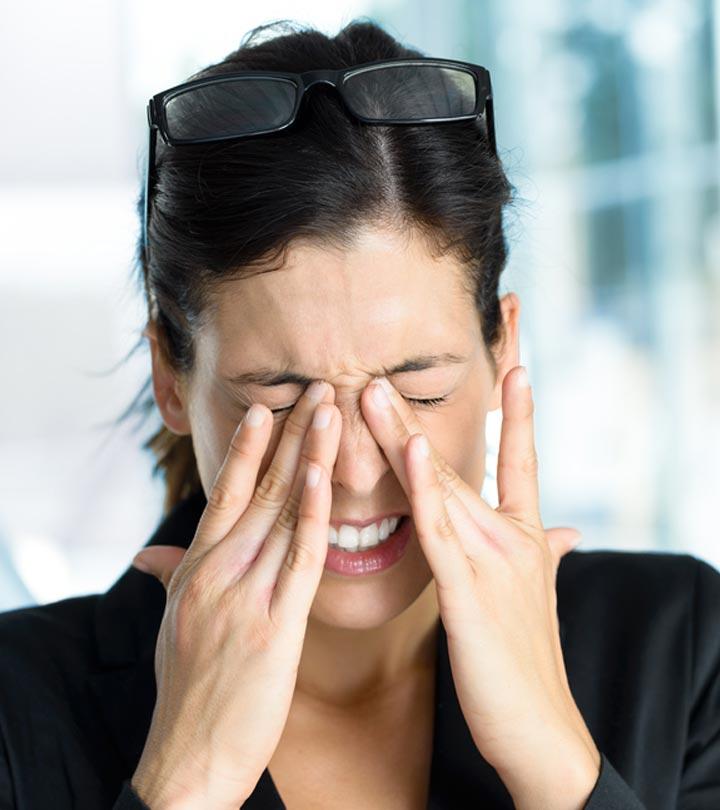

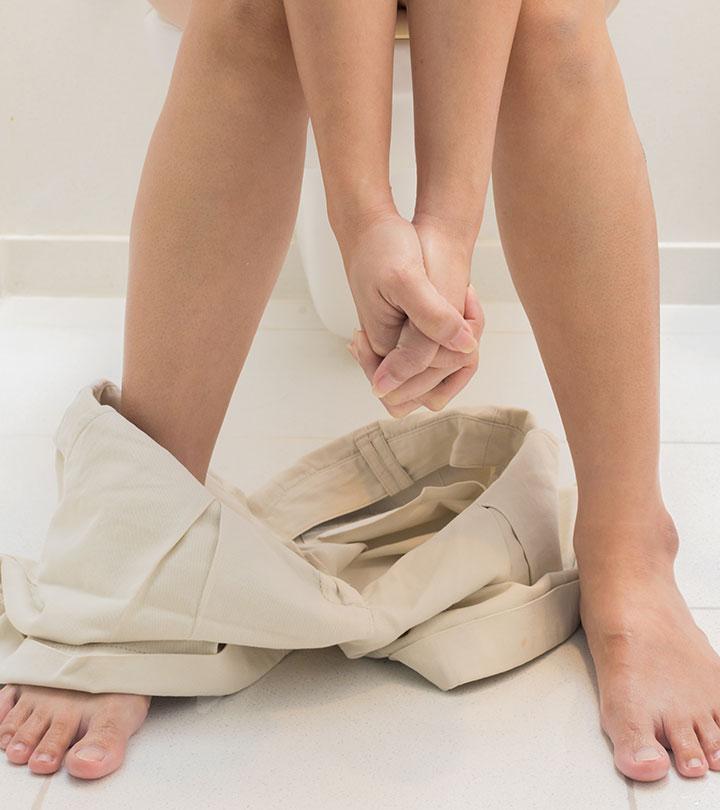
Community Experiences
Join the conversation and become a part of our empowering community! Share your stories, experiences, and insights to connect with other beauty, lifestyle, and health enthusiasts.